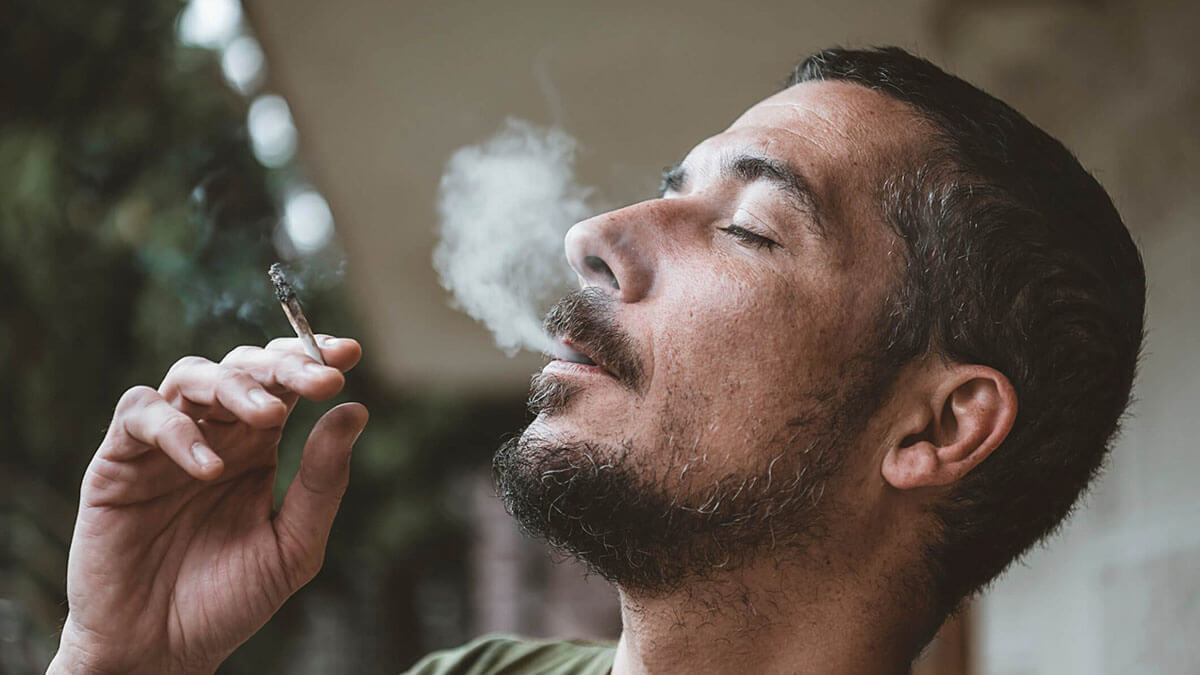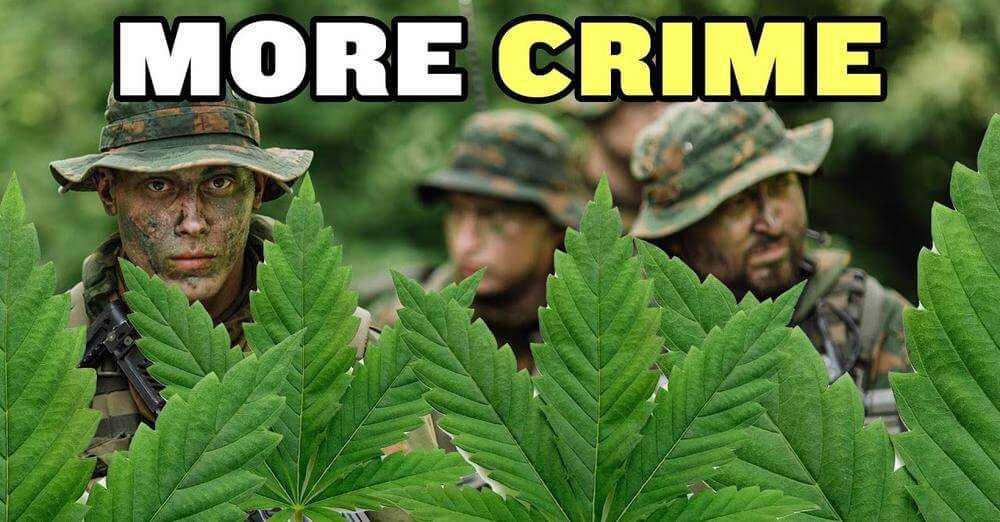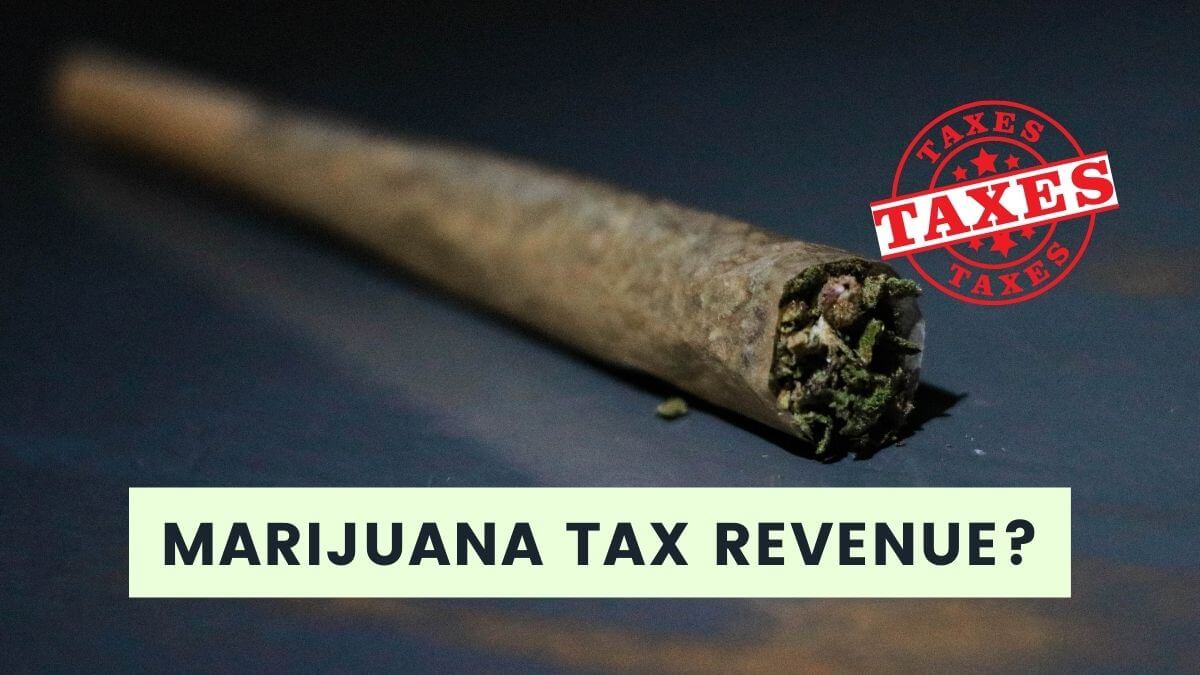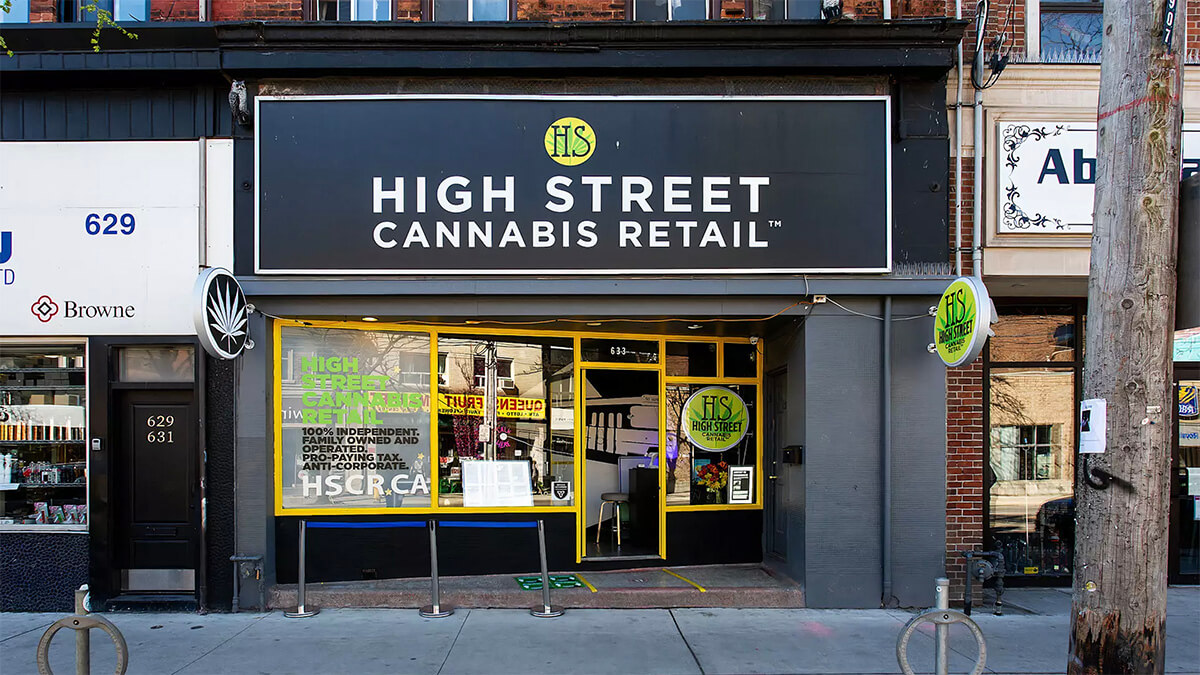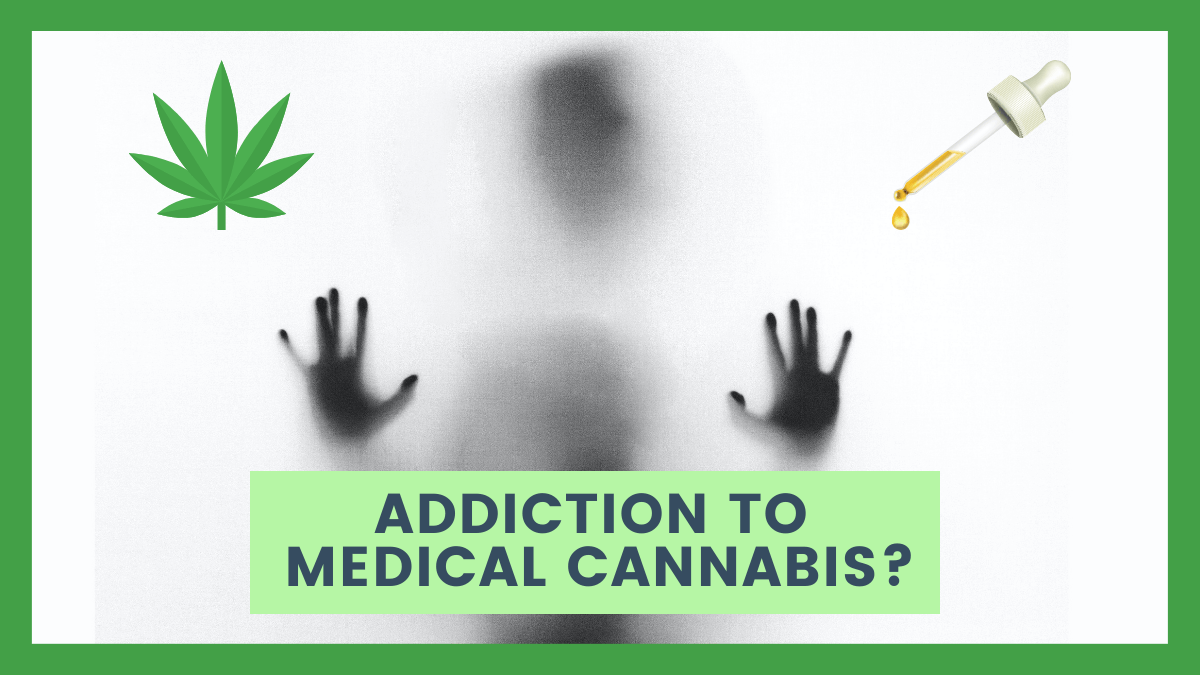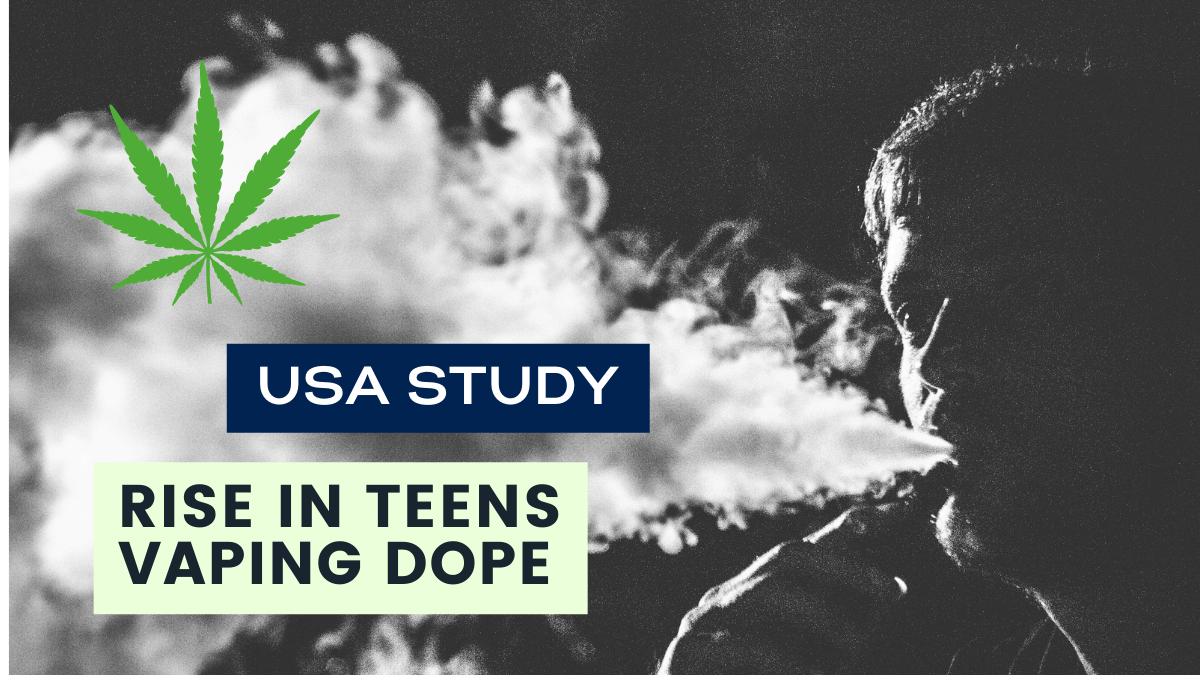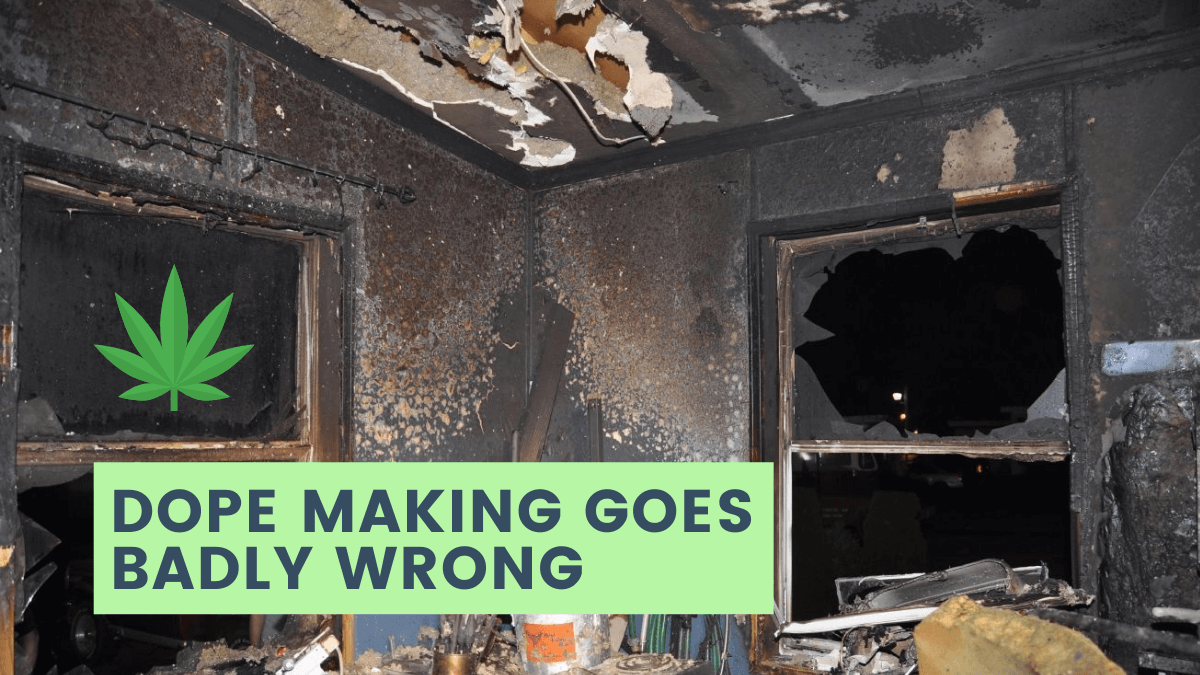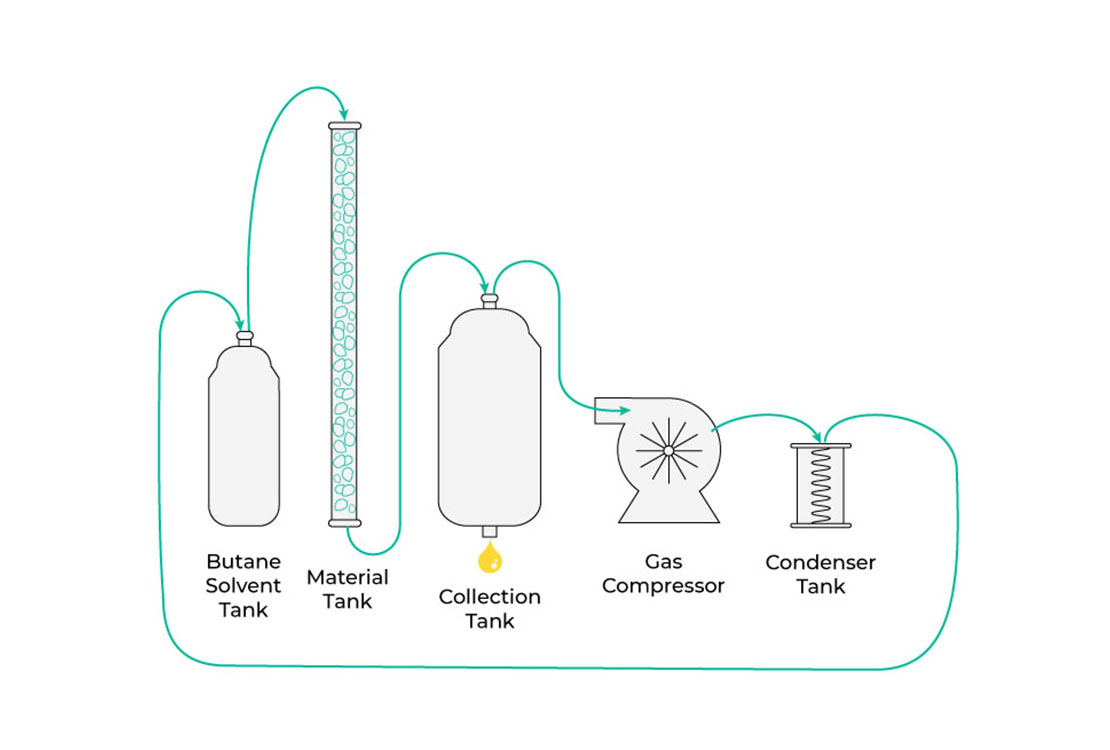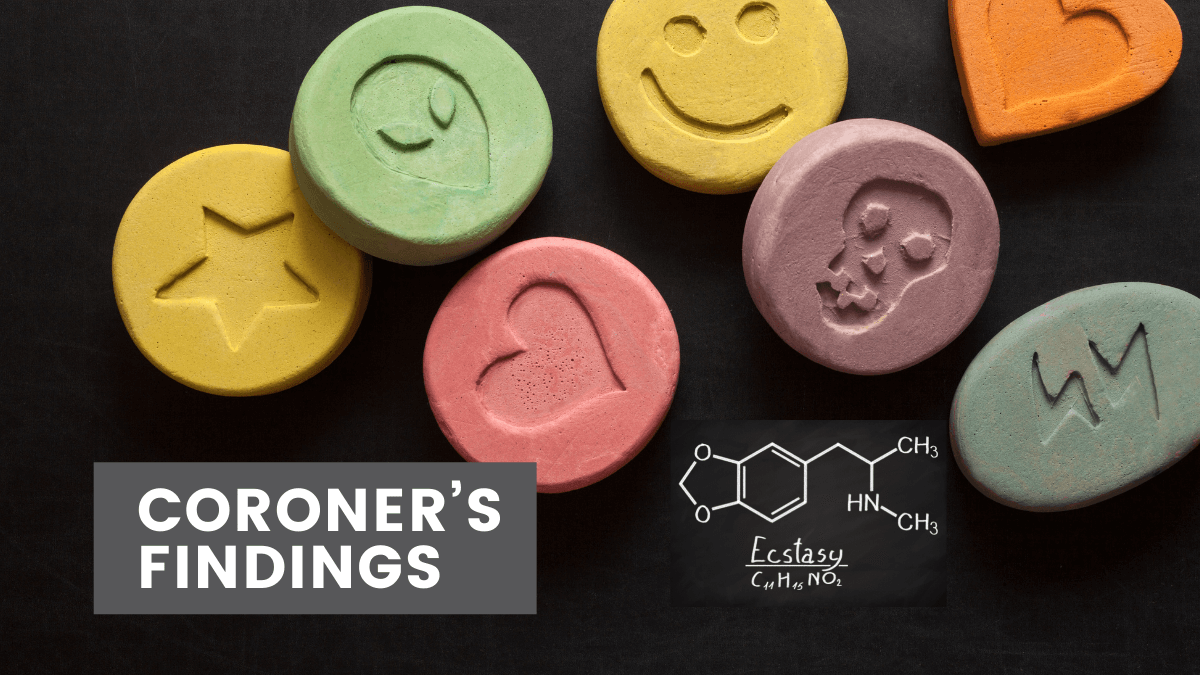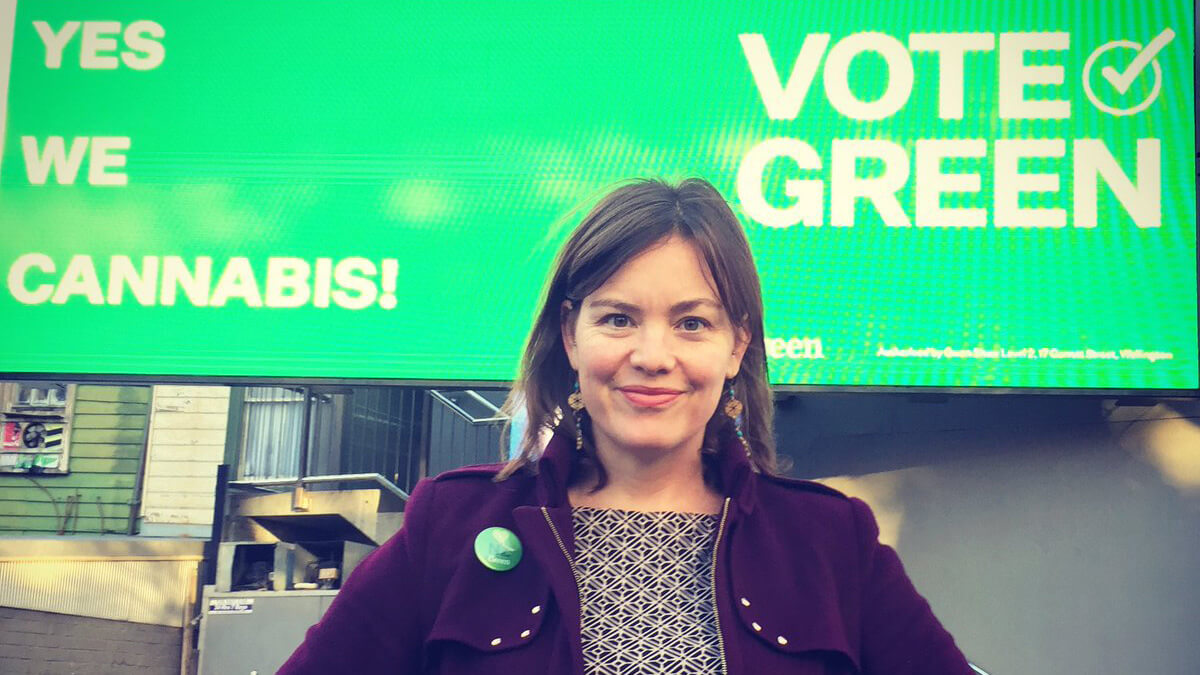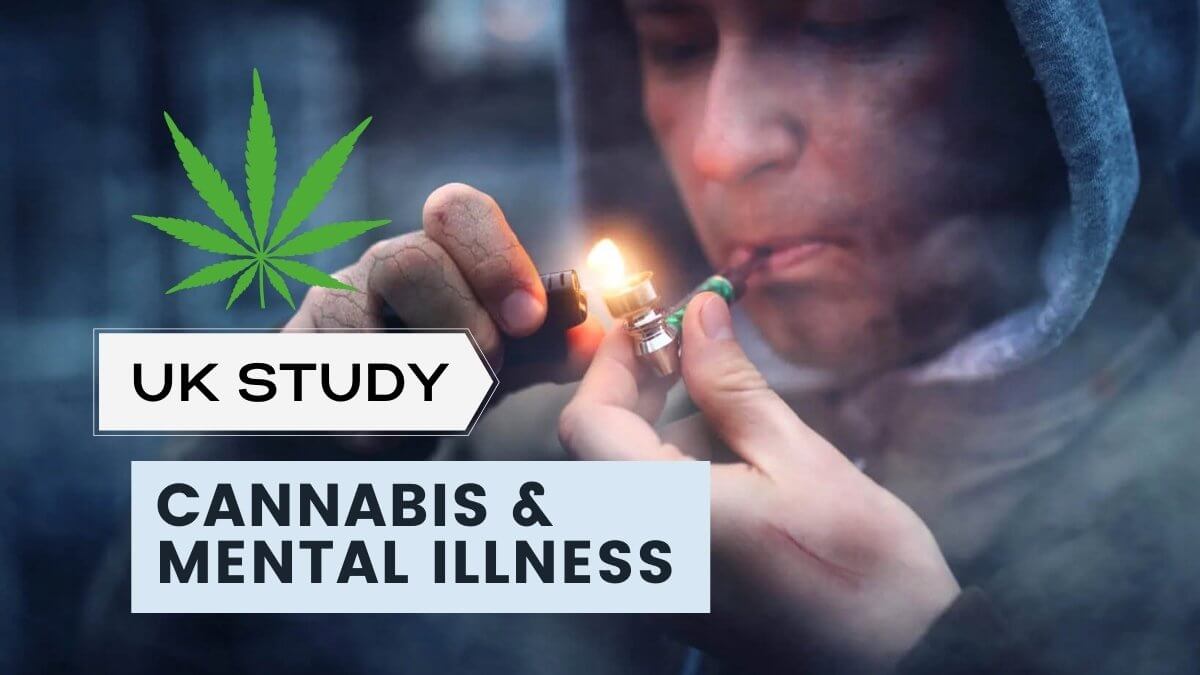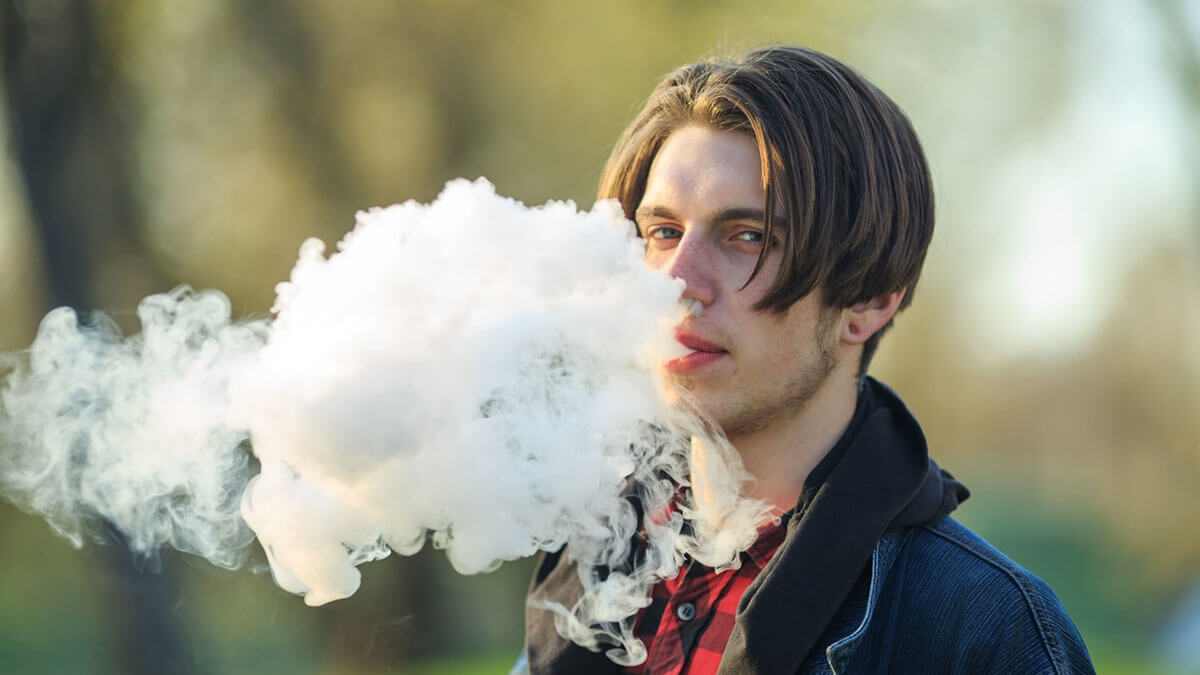
One in five New Zealand secondary school students are now addicted to vaping according to research by the Asthma and Respiratory Foundation, which surveyed more than 19,000 students in Years 9 to 13.
This is a shocking statistic but is not surprising considering the proliferation of vaping stores in local neighbourhoods, plus online stores. NZ Herald conducted research, using Ministry of Health data showing the locations of specialist vaping stores. Their analysis revealed vaping stores have become more common than many fast-food chains, with many popping up in sight of schools. Despite new regulations aiming to limit youth exposure to vaping, at least one in four schools are within 1km of a specialist store and around 80 are just 250 metres away.
Vaping with nicotine has been shown to impact learning and memory, and is associated with a range of serious mental health illnesses; including depression, anxiety, schizophrenia and ADHD. There is also an increased risk of respiratory illness, heart disease and cancer.
This is exactly how the cannabis industry would have acted if we’d voted to legalise the drug, and we’d have seen a rapid increase in cannabis use and addiction. We should learn from this and never reopen the debate on legalising cannabis.
Excerpt from NZ Heard article:
Asthma and Respiratory Foundation chief executive Letitia Harding said vaping products were often targeted at kids walking home from school. Harding raised concerns about youth vaping with the Ministry of Health in 2017. She was told repeatedly by officials that teens would not become addicted and it wouldn’t be a problem, she said.
Despite assurances by Government politicians and bureaucrats, history seems to be repeating itself with so many teens preferring nicotine-based vapes. The Asthma and Respiratory Foundation’s survey found 80 per cent of students who had taken up vaping were doing so with very high nicotine levels. Only 2.8 per cent of vapers reported using zero nicotine vapes.
Doctors warned the dangers of e-cigarettes to young people can’t be ignored either, with one saying nicotine vaping is addictive and suggested increased risk of heart disease and cancer. Paediatric respiratory physician Professor Philip Pattemore said: “Vaping with nicotine has been consistently associated with depression, ADHD and conduct disorders in adolescents, and nicotine exposure has been shown to impact learning and memory.”
Read the full article from NZ Herald:
https://www.nzherald.co.nz/nz/history-repeating-the-rise-of-vaping-addicted-teens/QO4OWJECVMNWOPYNRFCX5TQG24/
